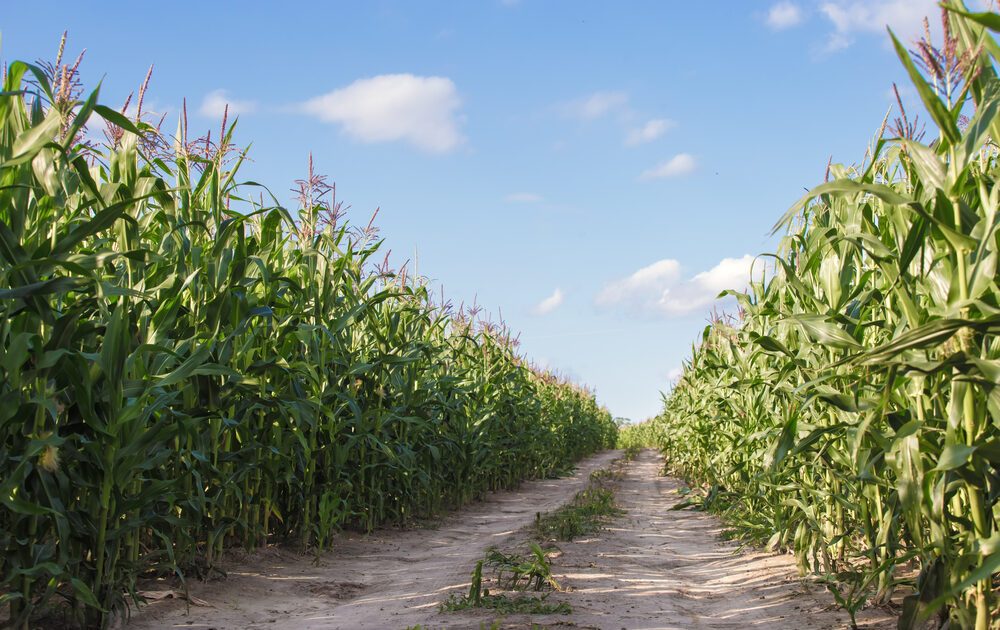Research that Claims Non-GMO Foods are More Expensive Relied on Biased Data, EWG Reports

A study released by Purdue University that claimed a nationwide switch to growing non-GMO foods would result in more expensive groceries relied on extremely biased data, reports Environmental Working Group. The resulting conclusions are unfounded, given the source material upon which they were based.
The study claimed that growing non-GMO foods would incur lower crop yields and necessitate more agricultural land than needed for GMO foods, but these conclusions were based on a blind yield comparison of certain GMO and non-GMO farms and did not account for many of the other differences between the farms aside from their choice of seeds.
According to EWG, the problem with this comparison is in assuming that because yields from farms growing GMOs were higher, it is the GMO seeds that allow for higher yields. In fact, the higher yields may stem from a number of other characteristics of these farms, including available resources and the choice of the farmer to spend more on other things, such as fertilizer or equipment.
The authors of the study on which the Purdue paper was based expressly warned against drawing conclusions from this data, saying, “[GMO] adopters and nonadopters may be systematically different from one another (for example, in terms of management ability). If these differences affect both farm performance and [GMO] adoption, they will confound the analysis. This self-selection biases the statistical results unless it is corrected.”
The original study, carried out in February 2014 by the U.S. Department of Agriculture, involved data collection via survey of the farmers and not by objective observation.
The Purdue study also made other claims about non-GMO farming, including associating non-GMO farming with a boost in greenhouse gas emissions and loss of forest and pasture land. Both of these allegations were made under the false assumption that more land will be needed in order to grow non-GMO crops.
This study is being used by proponents of DARK Act legislation in the U.S. to convince Americans that their grocery bills will be higher if GMO farming is halted.
Related on Organic Authority
Is Ben & Jerry’s Ice Cream Going to Save the World’s Non-GMO Food Supply?
FDA Says ‘No’ to Enforced GMO Labeling Petitions
Corn field image via Shutterstock

